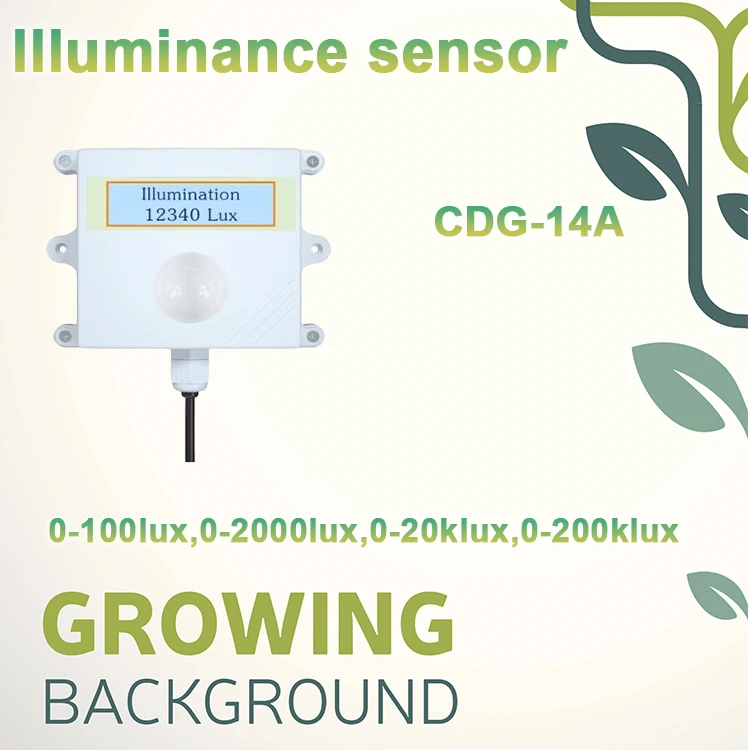
# Light Detector: Principles and Applications
## Introduction to Light Detectors
Light detectors are essential components in various scientific, industrial, and consumer applications. These devices convert light energy into electrical signals, enabling the measurement and analysis of light properties. From simple photodiodes to sophisticated imaging sensors, light detectors play a crucial role in modern technology.
## Basic Principles of Operation
Light detectors operate based on the photoelectric effect, where photons interact with a material to generate electrical signals. The specific mechanism varies depending on the detector type:
– Photovoltaic effect (solar cells)
– Photoconductive effect (photoresistors)
– Photoemissive effect (photomultiplier tubes)
## Common Types of Light Detectors
### 1. Photodiodes
Photodiodes are semiconductor devices that convert light into current or voltage. They offer fast response times and are widely used in optical communication systems.
### 2. Phototransistors
These devices combine light detection with amplification, providing higher sensitivity than standard photodiodes but with slower response times.
### 3. Charge-Coupled Devices (CCDs)
CCDs are used in high-quality imaging applications, such as digital cameras and astronomical telescopes, offering excellent light sensitivity and low noise.
### 4. CMOS Image Sensors
Modern alternative to CCDs, CMOS sensors are more power-efficient and commonly found in smartphones and consumer cameras.
## Key Performance Parameters
When selecting a light detector, several factors should be considered:
– Spectral response range
– Sensitivity (responsivity)
– Response time
– Noise characteristics
– Dynamic range
– Operating temperature range
## Applications of Light Detectors
Light detectors find applications in numerous fields:
### Industrial Applications
– Quality control in manufacturing
– Position sensing in automation
– Barcode scanners
### Scientific Research
– Spectroscopy
– Astronomical observations
– Environmental monitoring
### Consumer Electronics
– Smartphone cameras
– Ambient light sensors
– Optical mice
### Medical Applications
– Pulse oximeters
– Medical imaging systems
– Laser surgery equipment
## Emerging Technologies
Recent advancements in light detection include:
– Quantum dot photodetectors
– Organic photodetectors
– Graphene-based sensors
– Single-photon detectors for quantum applications
## Future Trends
The future of light detection technology focuses on:
– Improved sensitivity and resolution
– Lower power consumption
– Integration with AI for smarter detection
– Development of flexible and wearable detectors
As technology continues to evolve, light detectors will play an increasingly important role in our daily lives and scientific advancements.
Keyword: light detector